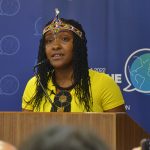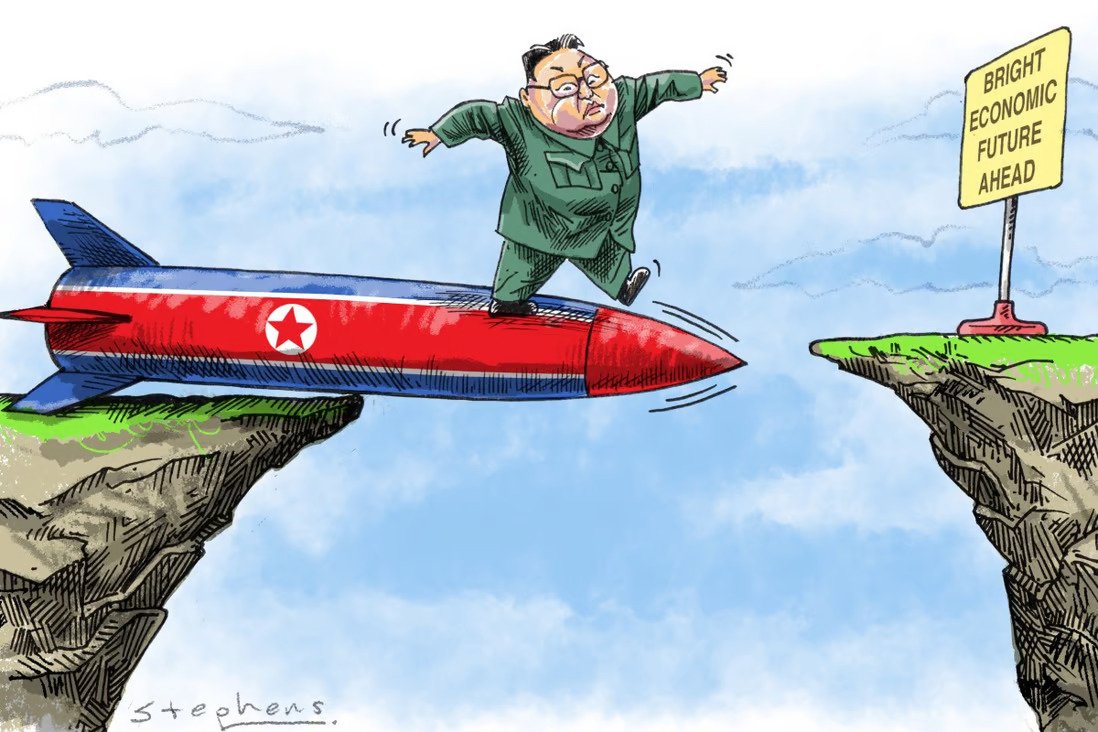Bangladesh held elections on January 7, 2024, with Prime Minister Sheikh Hasina poised for a fifth term, following a boycott by the opposition Bangladesh Nationalist Party (BNP), which she labeled a “terrorist organization.” While Hasina’s government has overseen significant economic growth, it faces allegations of human rights abuses and a crackdown on the opposition. The BNP called for a general strike, urging the public to boycott what they consider a “sham” election.
Despite the BNP’s absence, Hasina’s Awami League avoided fielding candidates in a few constituencies, possibly to prevent the legislature from being perceived as one-party dominated. The BNP’s ranks have been depleted by mass arrests, leading to accusations of a crackdown on dissent.
Early signs indicated low voter turnout, and there were reports of inducements and threats to boost legitimacy. Some voters claimed they were coerced with the threat of losing government benefit cards necessary for welfare payments if they did not vote for the ruling Awami League.
The BNP and other parties staged protests last year, demanding Hasina’s resignation before the election. The government’s crackdown, which the BNP says led to the arrest of around 25,000 opposition members, raised concerns about human rights abuses.
The election commission deployed a significant number of security personnel to maintain order. The BNP, along with numerous other parties, refused to participate, characterizing the election as a “sham.” The opposition’s leader, Khaleda Zia, is in poor health, and her son leads the BNP from exile in London.
Hasina accused the BNP of arson and sabotage during last year’s protests, while her government faced allegations of extrajudicial killings and enforced disappearances. Economic challenges, including rising food costs and blackouts, have fueled dissatisfaction, and the opposition’s absence from the ballot raised concerns about the lack of genuine electoral competition.




















